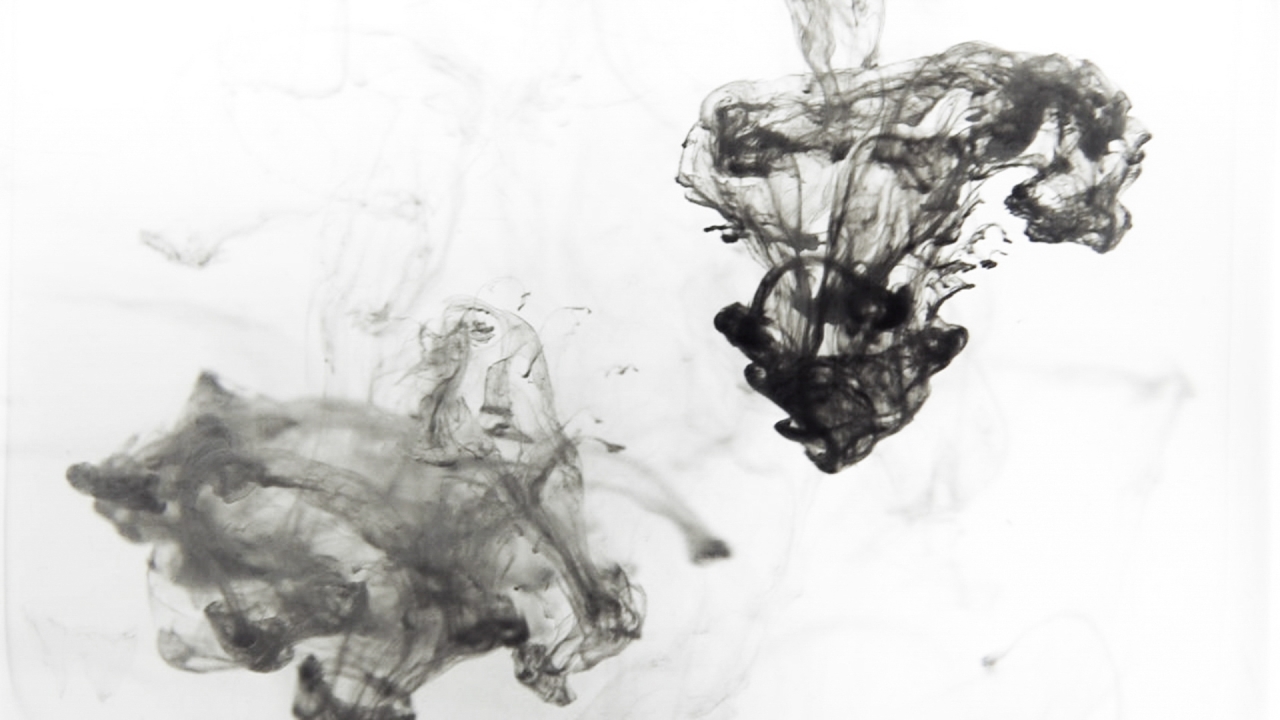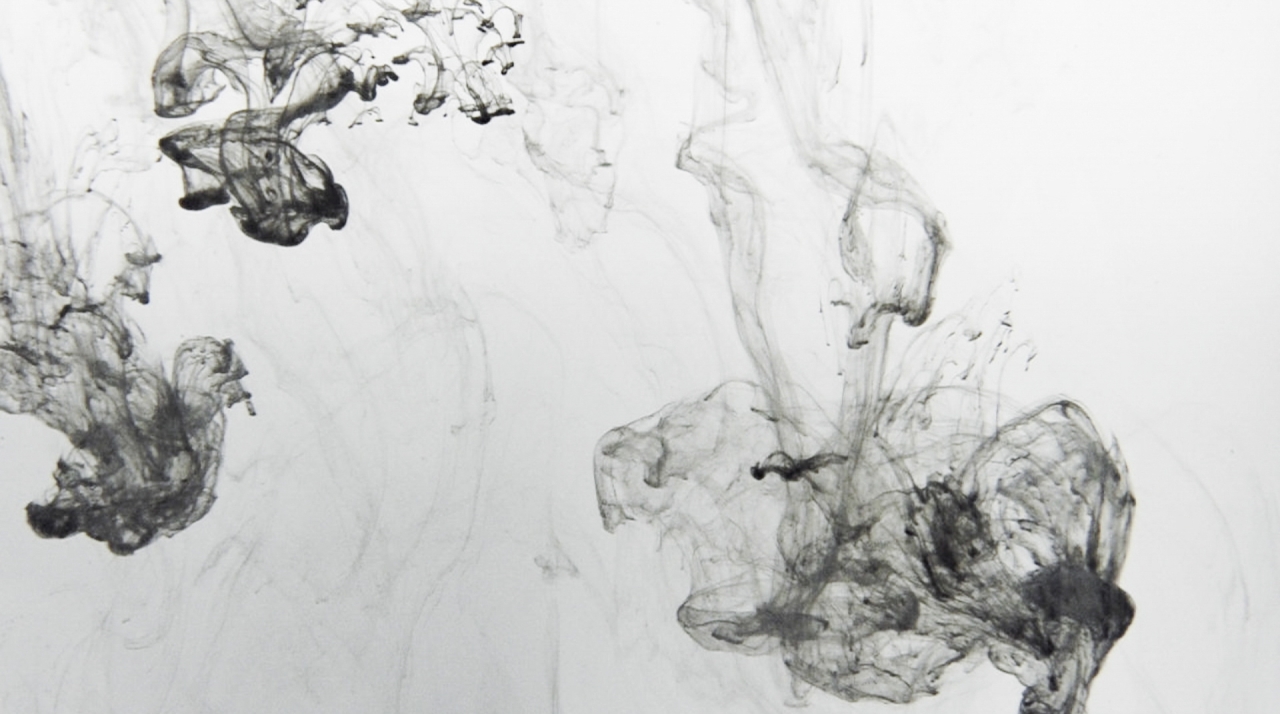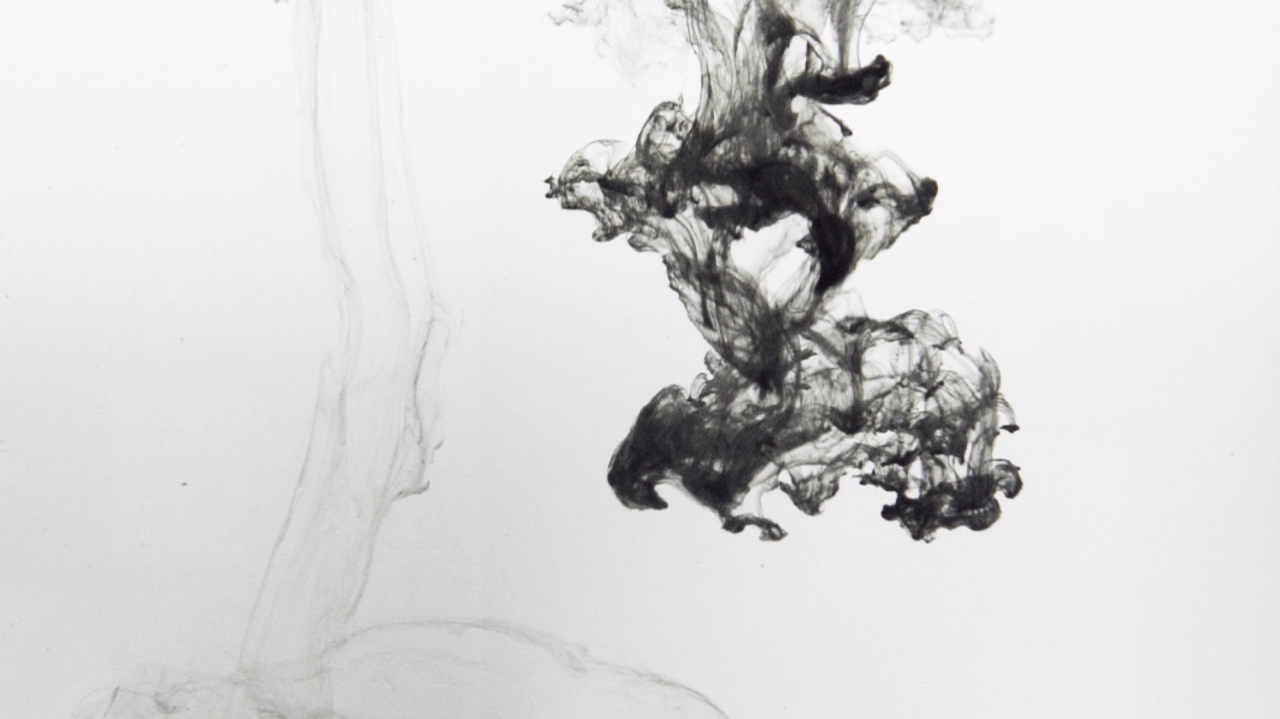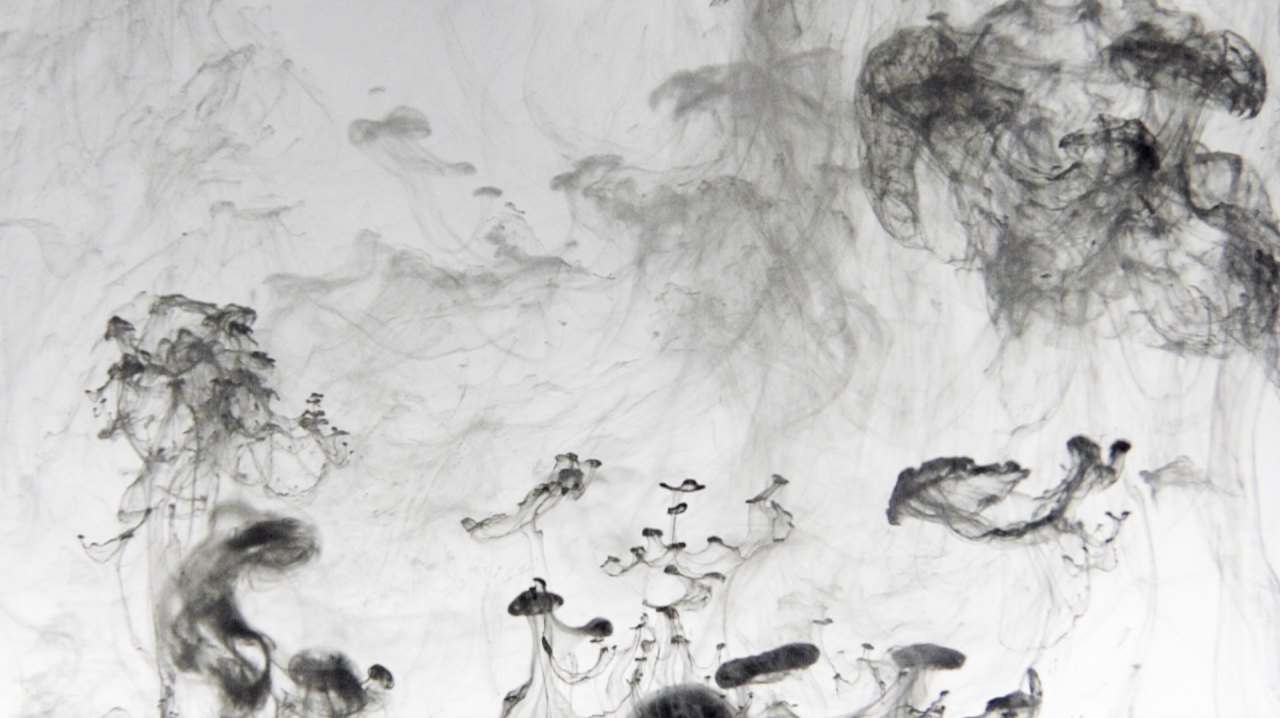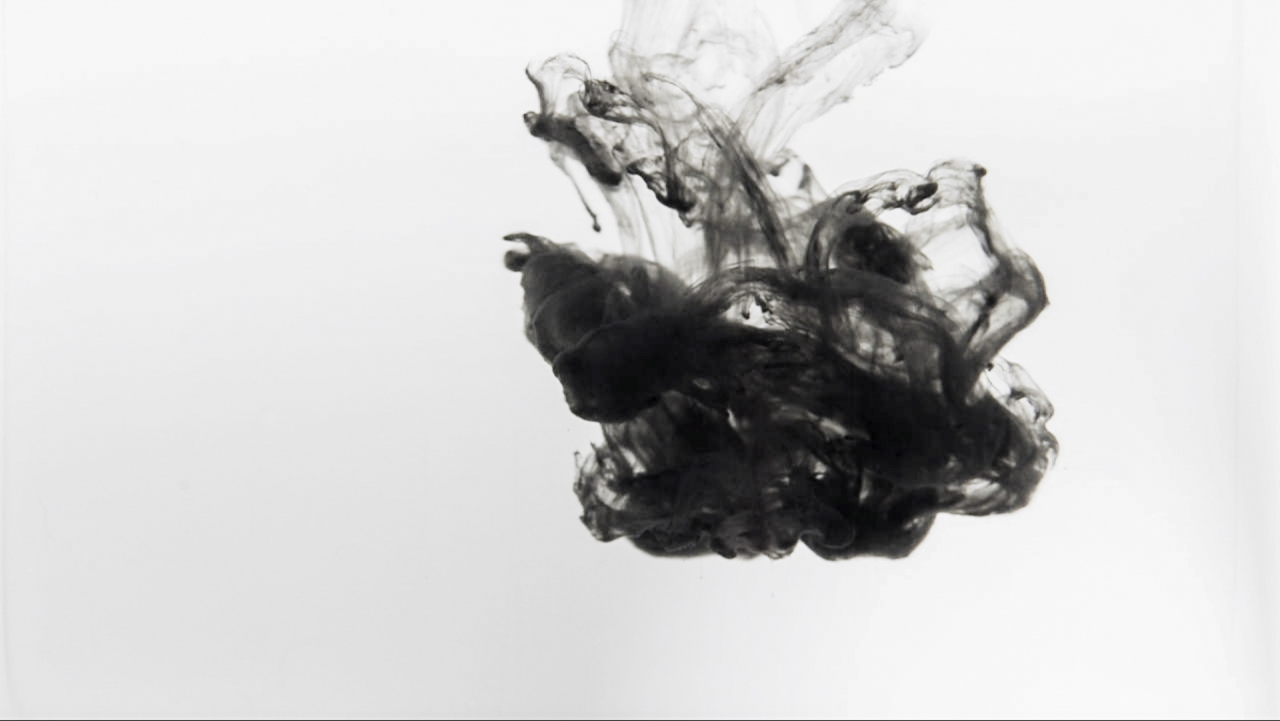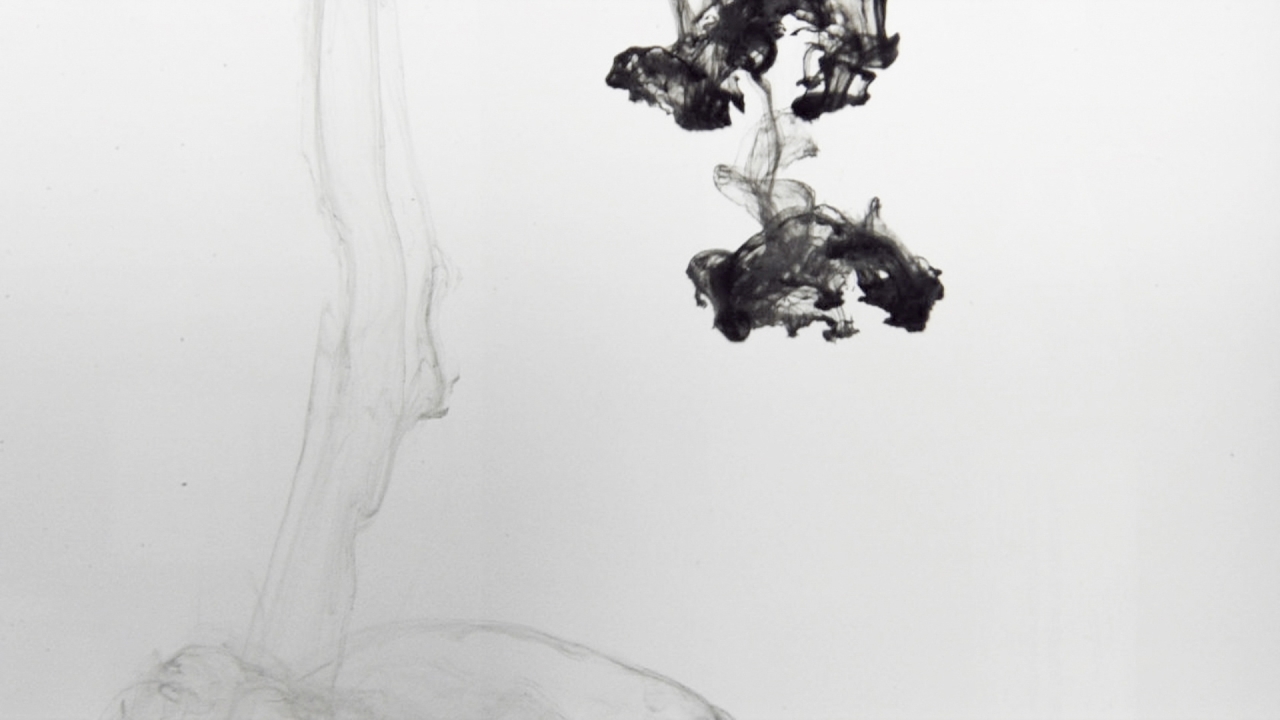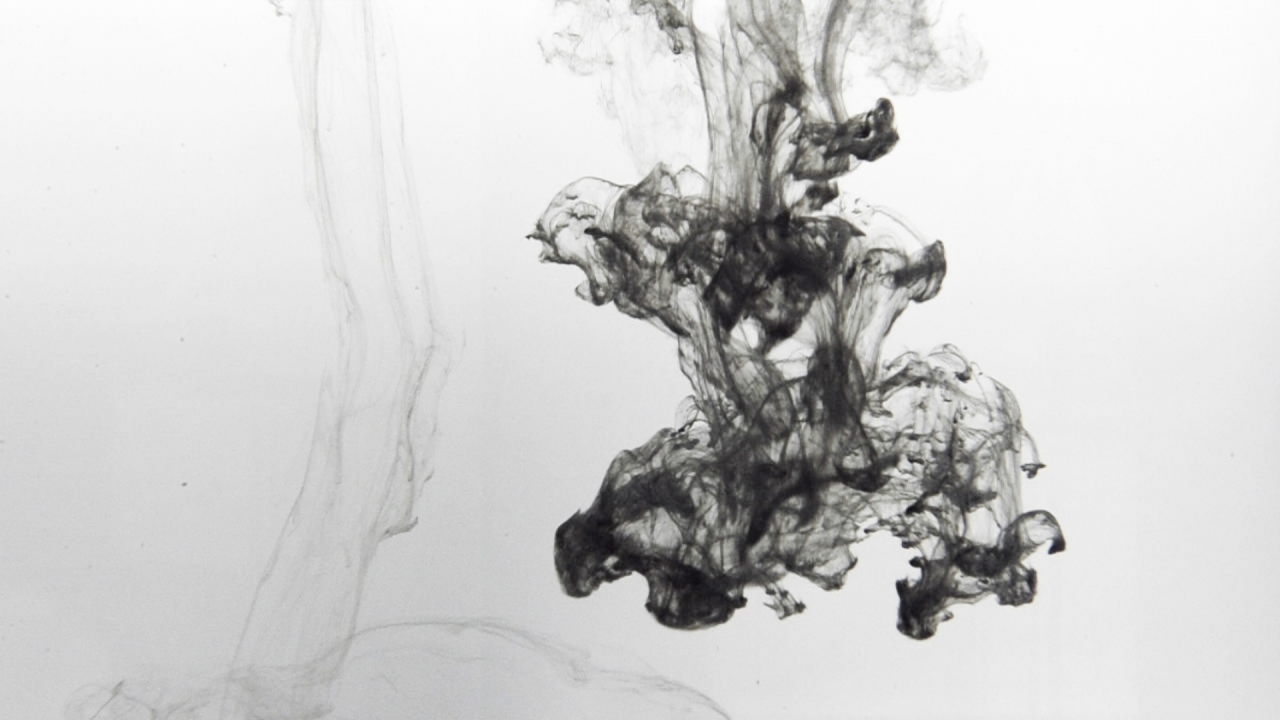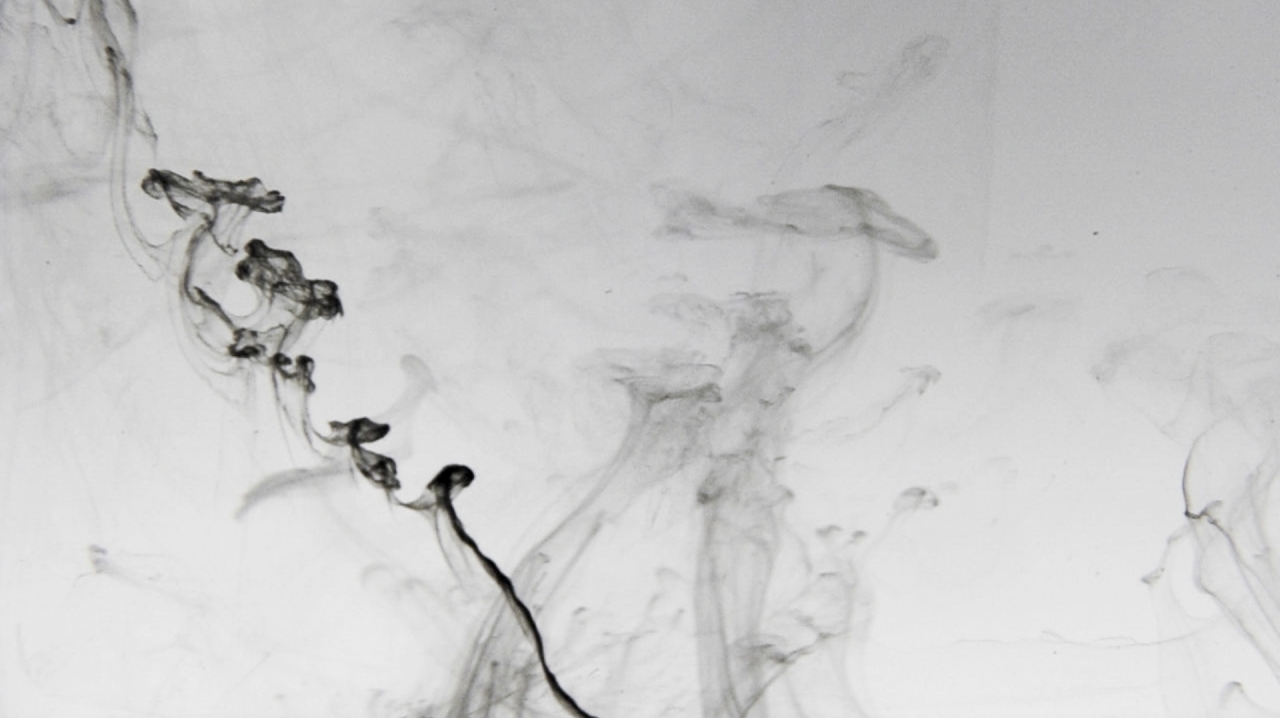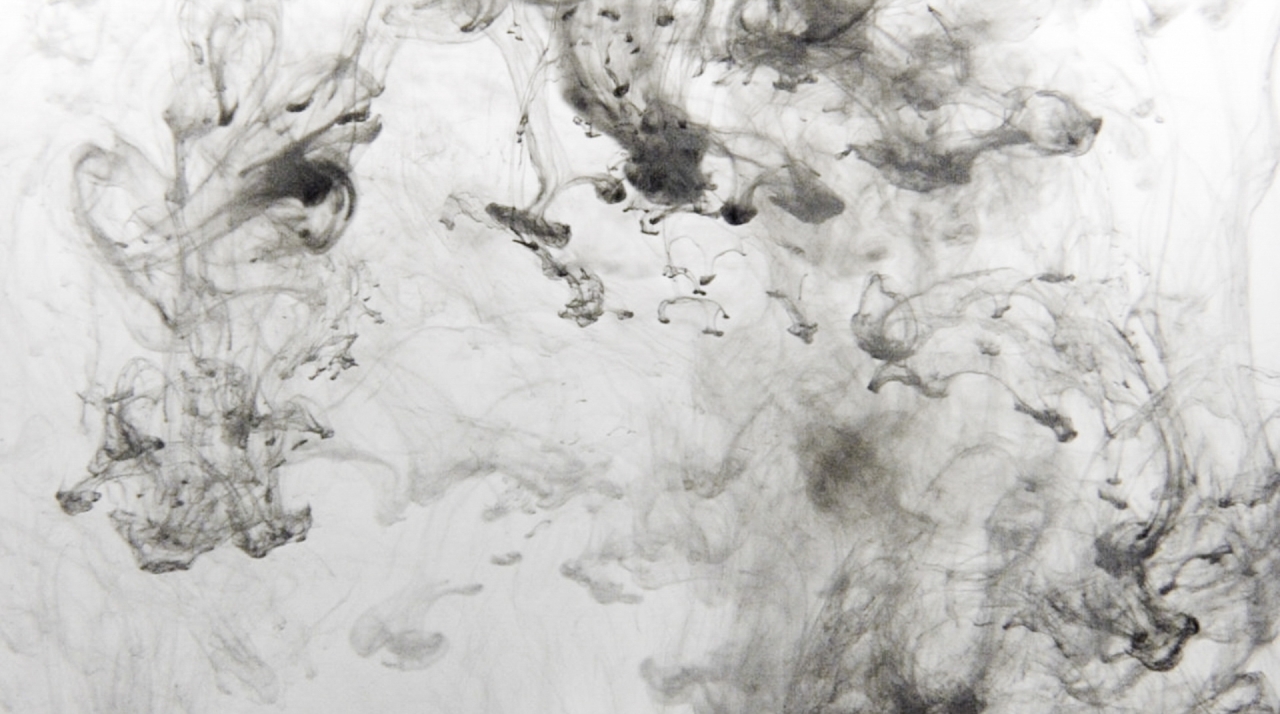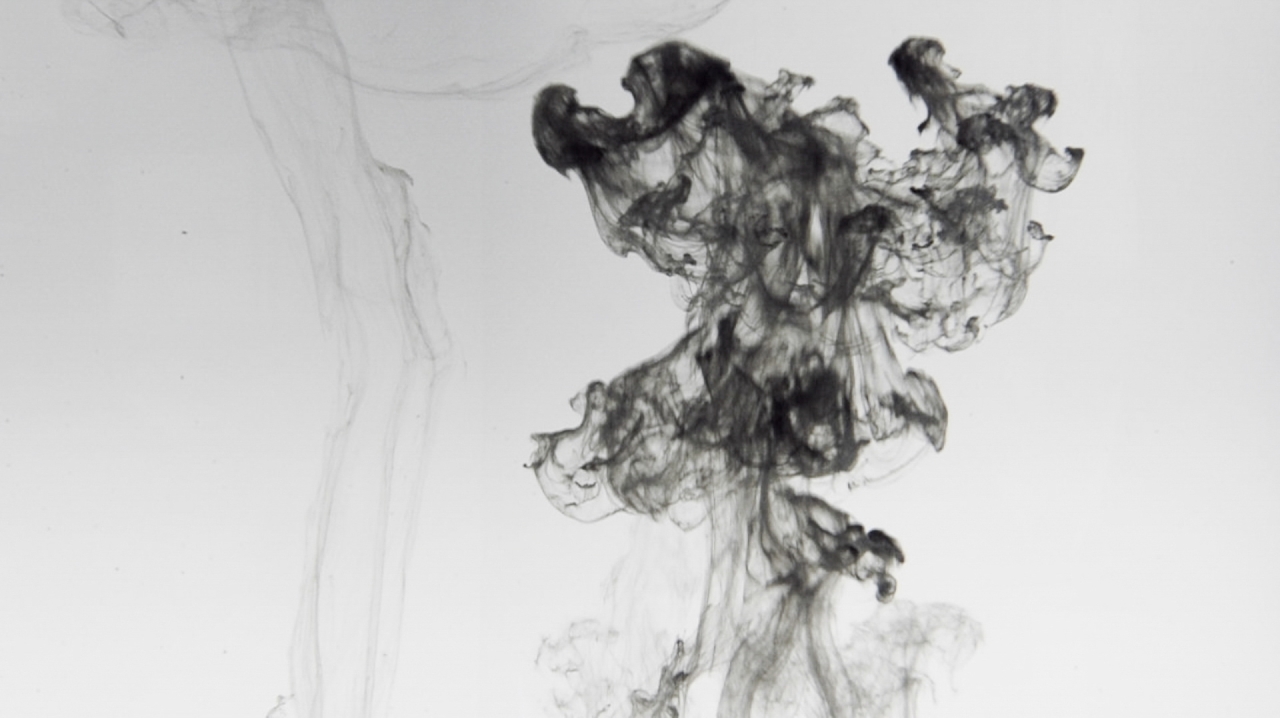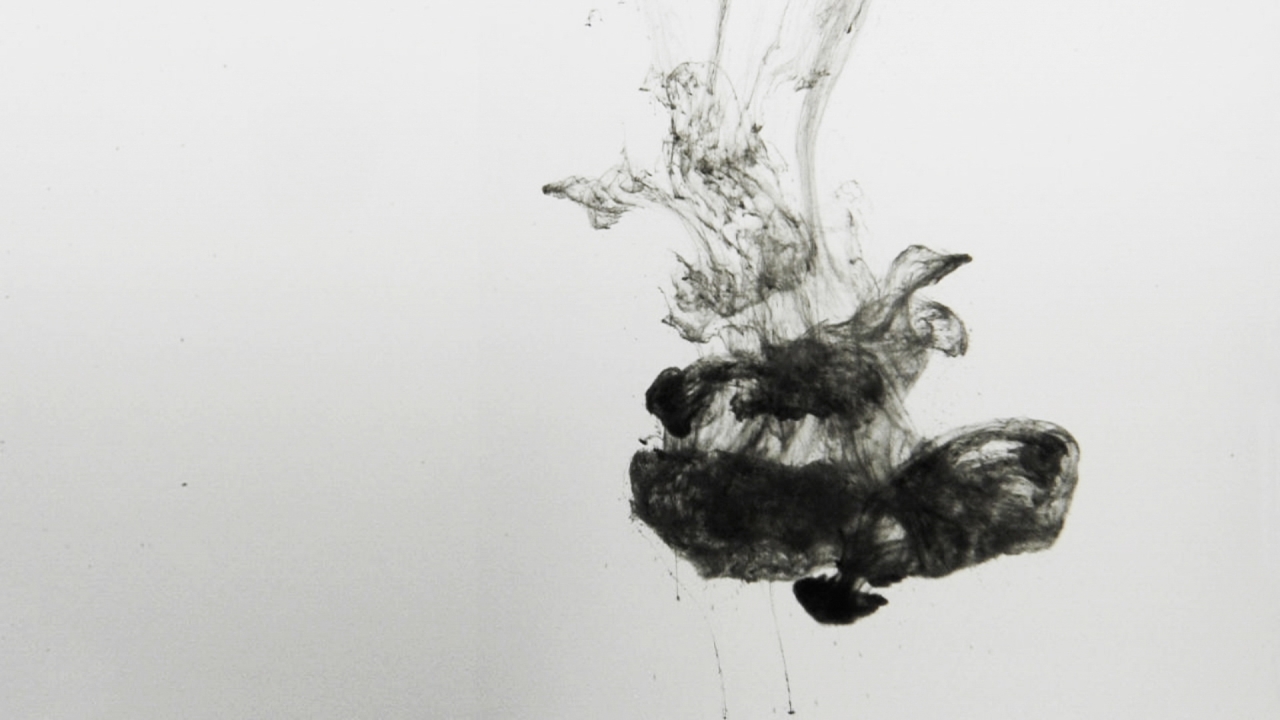Arising From Existence And Non-Existence (2019)
Drawing inspiration for the marimba from Laozi’s Tao Te Ching
For Rachel Xi Zhang's doctoral research presentation, I made a series of black and white videos featuring ink in water, intertwined with quotes from Laozi's Tao Te Ching. These videos served as a dynamic backdrop on an enormous curtain, enhancing the atmosphere of the thesis as Rachel played marimba.
The essence of the thesis delved into the application of Laozi's Taoist philosophy to marimba performance, exploring the nuances of truth and perceived reality. A noteworthy aspect of the theoretical framework was the incorporation of water's characteristics. In my interpretation, I wanted to symbolize the fluidity and depth of water using ink, creating a visual narrative that resonated with the philosophical underpinnings of the research.
By combining elements of music, philosophy, and visuals, the presentation aimed to provide a multisensory journey for the audience. The interplay between Rachel's marimba performance and the visual representation of water and Laozi's theories offered a thought-provoking experience, bridging the realms of academia and creativity.
A few quotes that inspired this work:
… that existence and non-existence give birth the one to (the idea of) the other;
difficulty and ease produce the one (the idea of) the other;
that length and shortness fashion out the one the figure of the other;
that (the ideas of) height and lowness arise from the contrast of the one with the other; …
and that being before and behind give the idea of one following another.
The highest excellence is like (that of) water.
The excellence of water appears in its benefiting all things, and in its occupying, without
striving (to the contrary), the low place which all men dislike.
There is nothing in the world more soft and weak than water, and yet for attacking things
that are firm and strong there is nothing that can take precedence of it;
--for there is nothing (so effectual) for which it can be changed.
Who can make the muddy water clear?
Let it be still, and it will gradually become clear.
Who can secure the condition of rest?
Let movement go on, and the condition of rest will gradually arise.
Credits
Marimba & Thesis Rachel Xi Zhang Filming & Video Montage Claudia Hansen
